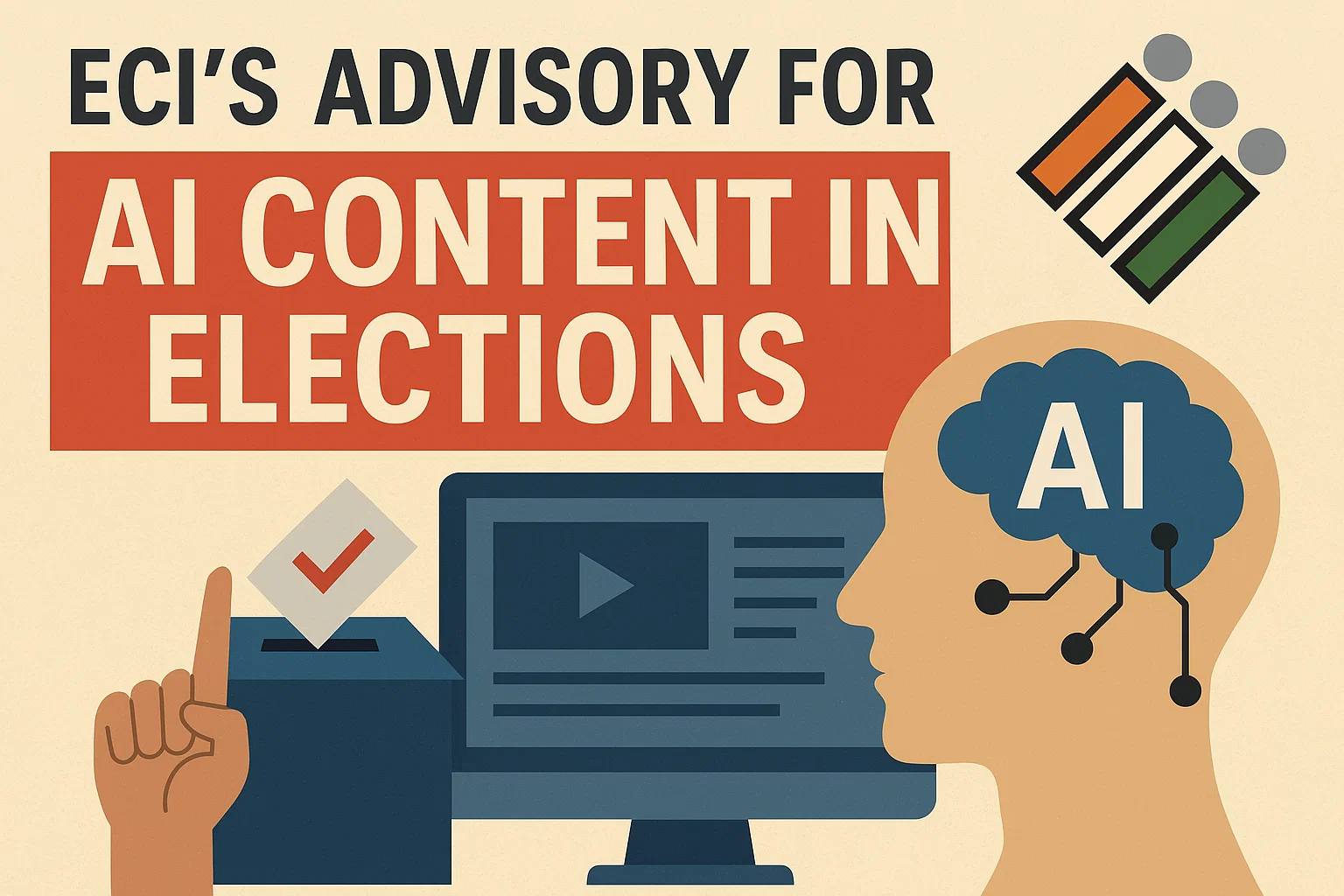Weight-Loss Drugs for Obesity Treatment
WHO to Back Use of Weight-Loss Drugs for Adults Globally
Context: In a landmark move, the World Health Organisation (WHO) is set to officially recommend the use of weight-loss drugs to treat adult obesity, signaling a major policy shift in addressing one of the world’s most pressing health challenges.
WHO to Back GLP-1 Weight Loss Medications
- The drugs under consideration — Wegovy by Novo Nordisk and Zepbound by Eli Lilly — belong to a class of medications known as GLP-1 receptor agonists.
- These drugs mimic a gut hormone that suppresses appetite by slowing digestion, leading to significant weight loss.
- Clinical trials have shown that patients can lose 15% to 20% of their body weight, depending on the drug used.
- Originally launched in the United States, these medications come with a hefty price tag, often exceeding $1,000 per month in high-income nations.
- While highly effective, studies indicate that long-term usage may be necessary to maintain weight loss, raising concerns over cost and access, particularly in lower-income settings.
Global Obesity Epidemic
- More than one billion people worldwide now live with obesity, according to WHO estimates.
- Alarmingly, nearly 70% of them are in low- and middle-income countries (LMICs), as per data from the World Bank.
- WHO’s upcoming guidelines aim to address this disparity by recommending ways to improve global access to obesity treatments, especially in resource-constrained regions.
| Essential Medicines List (EML)
The WHO Model List of Essential Medicines (EML) is a curated list of medicines considered most effective and safe to address the priority health needs of populations. Published every two years by the World Health Organisation, the EML serves as a global reference to help countries develop their own national essential medicines lists and guide procurement and supply within health systems. The EML is updated biennially, with the latest 23rd edition published in July 2023, containing 591 drugs and 103 therapeutic equivalents. Over 150 countries use the WHO EML to guide their national lists and purchasing decisions. The 25th meeting of the WHO Expert Committee on Selection and Use of Essential Medicines will be held in May 2025 to review and update the list. |
Comprehensive Obesity Treatment Guidelines Coming Soon
- “WHO has been working on a set of new recommendations for obesity prevention, care, and treatment across different age groups since 2022,” a WHO spokesperson said.
- These recommendations — expected by August or September 2025 — will define how and when GLP-1 drugs can be integrated into a chronic care model that also includes clinical management and lifestyle interventions such as diet and exercise.
Essential Medicines List Under Review
- In a parallel development, WHO experts will convene next week to consider adding GLP-1 receptor agonists to the WHO Essential Medicines List — both for obesity and type 2 diabetes.
- Inclusion in this list would signal that these medications are fundamental to basic healthcare and should be accessible in all functioning health systems.
- It could also pave the way for wider adoption in poorer nations by lowering costs and encouraging domestic production.
- While Eli Lilly stated it is committed to expanding global access to its treatments, no specific details were shared. Novo Nordisk has not yet commented on the development.



